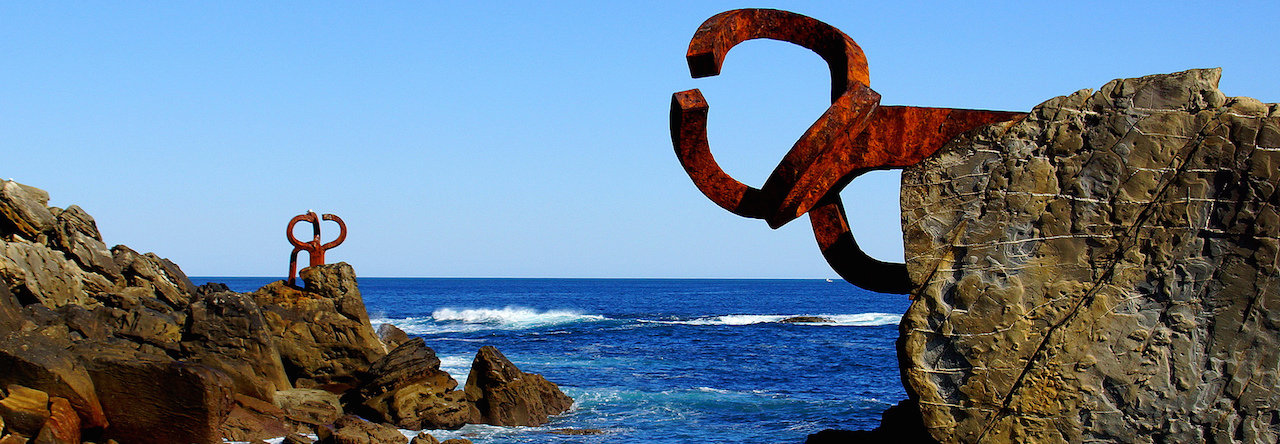I understand that in crisis times, everybody goes to the essential ideas or the founding authors. In the case of political economy, we see an interesting battle between the Keynes and Hayek fans. One group tries to reinvent the Keynes principles on public sector to justify the bigger participation of the State, and the other returns to the Austrian intellectual to arguing against the renaissance of controlled economy.
In this context, the British Institute of Economic Affairs, one of the most aristocratic think tanks of the world, claims for a review of the Hayek’s philosophy of economics and the free market. In particular, it recommends to consider the arguments Hayek offered in his classical work The Road to Serfdom .
«Hayek argues that totalitarianism does not result from a dramatic or sudden change in the popularly accepted role of government. Rather, societies drift into totalitarianism as a result of a long series of seemingly minor, incremental expansions of government activity».
 People from the IEA think that the crisis opens the opportunity to a more powerful State and will damage the future of economy and even democracy if the public sector grows without control. They believe individuals are losing their freedom and depending more and more on the ubiquous State. Although every citizen feels free, at least in his private sphere, the reality is he has given his independency to the political system.
People from the IEA think that the crisis opens the opportunity to a more powerful State and will damage the future of economy and even democracy if the public sector grows without control. They believe individuals are losing their freedom and depending more and more on the ubiquous State. Although every citizen feels free, at least in his private sphere, the reality is he has given his independency to the political system.
The IEA says that in the last decades we have seen an apparent balance between a strong public sector and the maintenance of civil rights and freedom. However, recent studies point out that
«In large parts of Britain the economy is now dominated by government: the proportion of regional GDP derived from state spending in Northern Ireland is now 77.6%; in Wales it is 71.6%; in the North East of England it is 66.4%; and in Scotland the figure is 60.3%. By comparison, spending as a proportion of GDP in Nazi Germany was 34% and in Mussolini’s Italy it was 31% (1937 figures, see here). This is not to suggest that these societies were in any way preferable to contemporary Britain, but it does show that in terms of the growth of the state parts of the UK are in unprecedented territory by international and historical comparison».
It seems that this situation is similar in other Western countries. But the perception general public has about the crisis is that it is has been produced because of the lack of public control of economic and financial activities. How to explain this paradox? The first conclusion we can draw is State intervention is not being efficient. The public sector is wasting its resources and it will need to spend more of our money to recover a confidence which it has contributed to destroy. At the same time, the misconduct of many economic and financial agents shows that the Road to Serfdom it is not either an easy way. As it happens always with the ideas of great philosophers, they offer an inspiration, not a practical solution.

Deja una respuesta